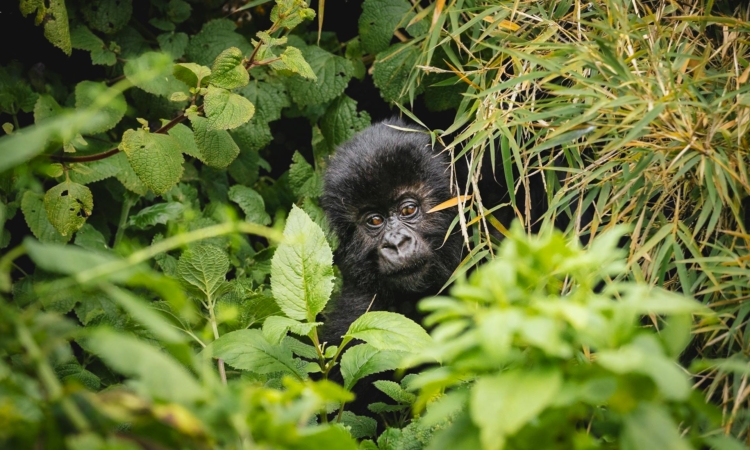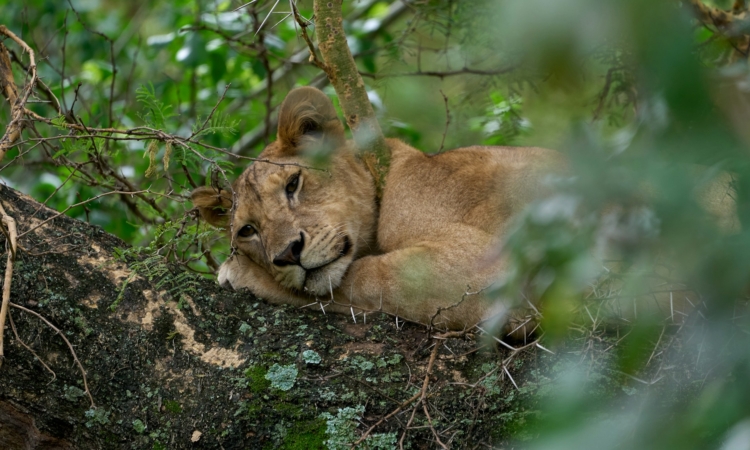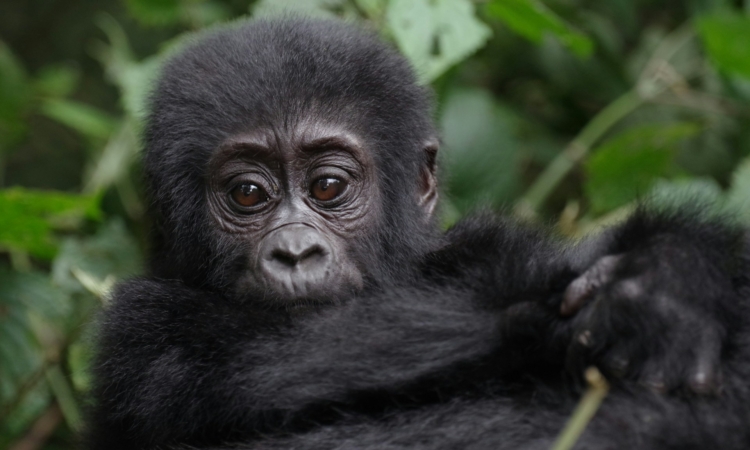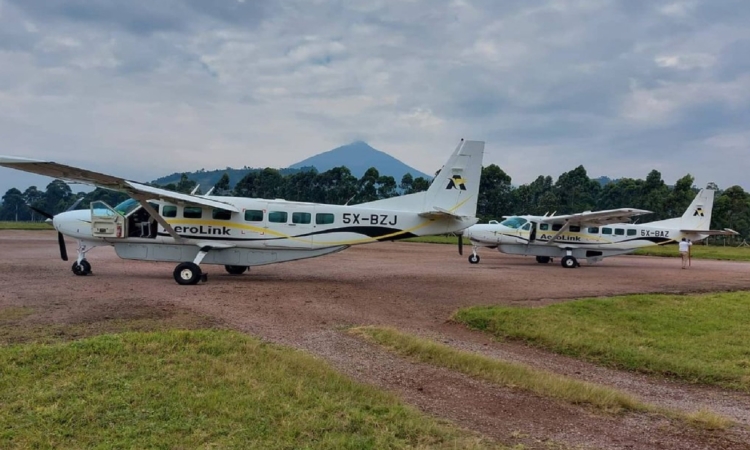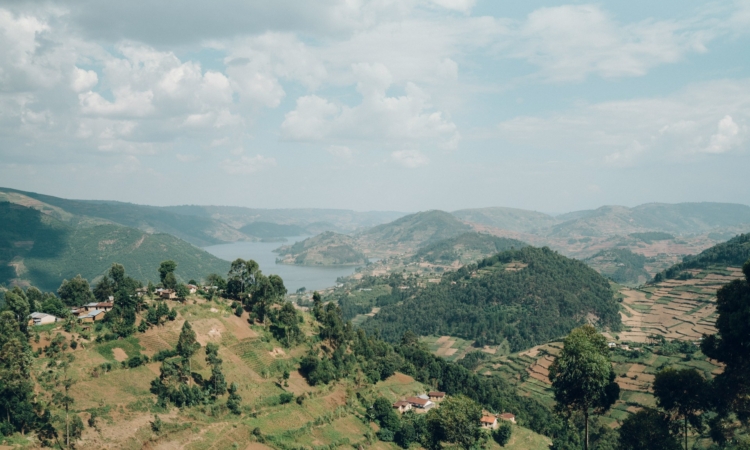How Mountain Gorillas Adapt to Their Environment
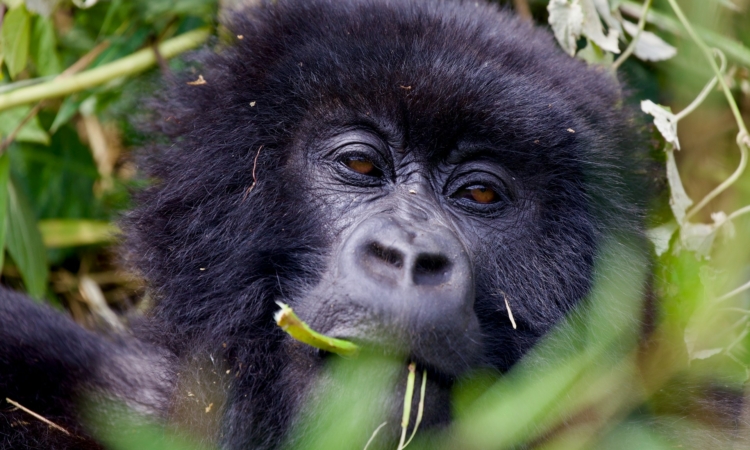
How Do Gorillas Adapt to Their Environment? Mountain gorillas have long, thick fur that helps them survive the cold nights in the tropical rainforests where they live. The fur protects them from diseases like pneumonia and other respiratory illnesses. On cold days, gorillas stay close together and huddle for warmth. Their fur also protects them from biting insects.
Gorillas have flat teeth that help them chew tough plant material. Bacteria in their colon break down the cellulose in plants, while their large intestines help digest the food, which is why they have large stomachs.

Gorillas live in social groups led by a silverback. Living in groups helps them find food and protect themselves from threats. Gorillas have strong arm muscles, which they use to gather food and for defense. Their hands help them move, and their long thumbs and fingers help them grasp and climb.
Gorillas live in areas with plenty of vegetation, so they do not need to spend much energy hunting for food. Studies show that gorillas can display around 25 different emotions and use facial expressions to communicate their needs and feelings within the group. This helps them live together peacefully.
Gorillas use their fingers to break the shells of fruits they find in the forest. More than 60 percent of their diet is made up of fruits. They use their large bodies to fight off predators if needed. Gorillas also rely on their sense of smell and hearing to detect danger. If they sense a threat, the group quietly moves to a safe place.
Mountain gorillas are an endangered species living in the rainforests of the Virunga Volcanoes and Bwindi Impenetrable National Park in southwestern Uganda. They live in groups led by a silverback, who decides when the group eats, where to find food, when to sleep, and protects the group from predators.
Gorilla trekking can be done in Virunga National Park in Congo, Volcanoes National Park in Rwanda, and Bwindi Impenetrable and Mgahinga Gorilla National Parks in southwestern Uganda. Gorilla permits cost $800 in Uganda, $400 in Congo, and $1500 in Rwanda.
Gorilla Tour Booking Form
If you'd like to customize a tour and add more days or destinations below, contact us directly through our main contact page by clicking the button below.

